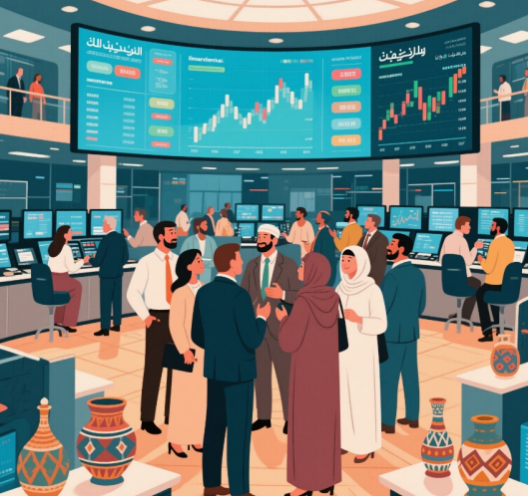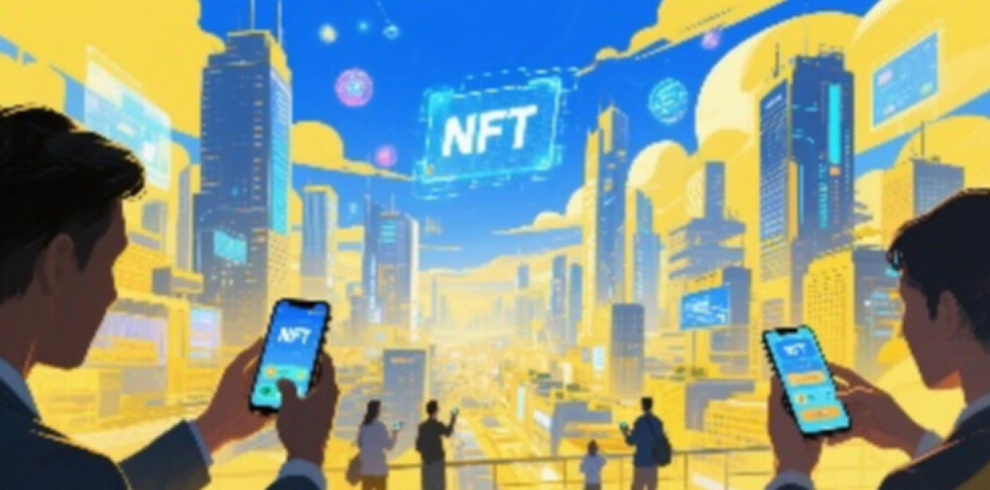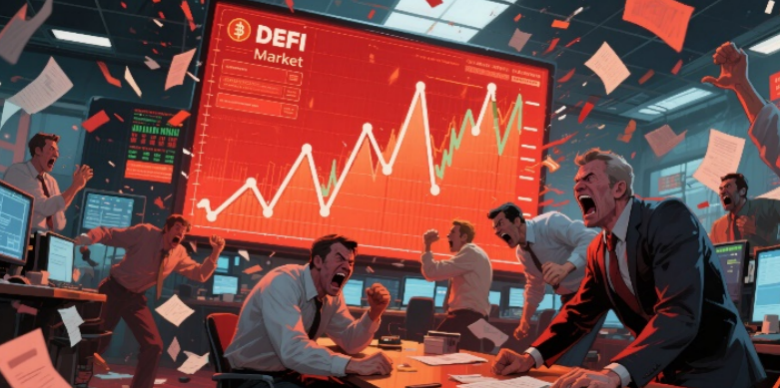Gen Z and Money: How TikTok and Inflation Are Shaping a New Generation of Investors

Born between 1997 and 2012, Generation Z is the first truly digital-native cohort, navigating an economy defined by skyrocketing inflation, stagnant wages, and social media-driven cultural shifts. Unlike millennials, who came of age during the 2008 financial crisis, Gen Z faces a unique paradox: raised on instant information and peer influence via platforms like TikTok, they’re redefining investing as both a financial strategy and a form of cultural expression—all while grappling with anxieties over economic instability.

The TikTok Effect: Democratizing (and Gamifying) Finance
For Gen Z, TikTok isn’t just a place for dance challenges; it’s a financial classroom. Short-form videos explaining "passive income hacks," "crypto basics," or "meme stock plays" have amassed billions of views, turning complex financial concepts into digestible, shareable content. Creators like @Kyledavisfinance (1.2M followers) break down options trading in TikTok skits, while @Graham Stephan uses viral real estate tours to promote "financial independence" narratives. This democratization of financial literacy has lowered barriers to entry, but it’s also blurred the line between education and entertainment.
The 2021 GameStop episode stands as a quintessential example of this phenomenon. Catalyzed by Reddit’s WallStreetBets community and amplified across TikTok’s digital landscape, Gen Z investors orchestrated a historic short squeeze, propelling the stock from a mere $17 to an astonishing $483 within weeks. For many, it wasn’t just an investment; it was a rebellion against Wall Street elitism, with TikTok serving as the rallying cry. Similarly, cryptocurrencies like Dogecoin—dubbed "the people’s crypto"—went mainstream through viral challenges, where users shared screenshots of their tiny wallets with captions like "Let’s make Elon proud." This blend of community, humor, and FOMO (fear of missing out) has turned investing into a social activity, with 63% of Gen Z investors admitting they’ve made trades based on TikTok or Instagram trends (Pew Research, 2023).
Meme Stocks, Crypto, and the Quest for Control
In an era of 8.5% inflation (U.S. 2023 peak) and housing markets unaffordable for most under 30, traditional investments like stocks and bonds feel insufficient. Gen Z is flocking to alternatives that promise quick gains and autonomy:
Meme Stocks: These aren’t just equities; they’re cultural symbols. AMC Entertainment, for example, became a badge of anti-establishment pride, with its stock price driven by retail investors refusing to let hedge funds dictate outcomes. For Gen Z, holding a meme stock is a way to feel empowered in a rigged system.
Cryptocurrency & DeFi: 45% of Gen Z owns crypto (compared to 28% of millennials, CNBC 2023), drawn to its decentralized promise. Projects like Ethereum’s NFT marketplace or Binance’s staking services offer perceived immunity to inflation—though volatility remains a risk. As banks failed in 2023, some Gen Zers moved savings into stablecoins, seeing them as safer than traditional deposits.
Yet this preference for "disruptive" assets stems from distrust. A 2024 Gallup poll found only 23% of Gen Z trusts financial institutions, compared to 40% of boomers. Meme stocks and crypto let them bypass gatekeepers, even if it means higher risk.
Financial Anxiety and the Rise of "Retail Therapy Investing"
Paradoxically, Gen Z’s investment fervor coexists with a booming consumerism culture fueled by inflation anxiety. Faced with shrinking purchasing power, many treat small trades as both an escape and a hedge: buying $50 of Bitcoin feels like a defiance of rising prices, while meme stock rallies offer adrenaline rushes akin to shopping sprees. This "retail therapy investing" is evident in apps like Robinhood, where 70% of Gen Z users make daily trades, often for entertainment rather than long-term strategy.
But beneath the surface lies vulnerability. A 2023 Bank of America study found 58% of Gen Z feels "constantly stressed" about money, with 32% using credit cards to fund investments—a risky cycle. The line between speculative trading and financial survival is blurring, as young people gamble on get-rich-quick schemes to offset stagnant wages.

The Future of Gen Z Investing: Chaos or Innovation?
Love it or fear it, Gen Z is reshaping finance in its image—social, speculative, and deeply skeptical of the status quo. While critics warn of bubble risks (e.g., the 2022 crypto winter), advocates see a generation demanding accountability and accessibility. As TikTok algorithms continue to democratize (and sensationalize) financial knowledge, the key question is: Can Gen Z balance its appetite for viral trends with the discipline needed for long-term wealth?
In an age where "get rich quick" videos compete with student loan bills and rent hikes, Gen Z’s investment revolution is as much about identity as it is about money. Whether they’re pumping meme stocks, minting NFTs, or debating inflation on ForYou pages, one thing is clear: this generation won’t invest like the ones before it. And as they inherit more economic power, the markets will have to adapt—or get left behind.
(Writer:Juliy)





